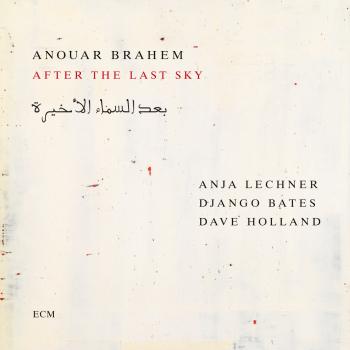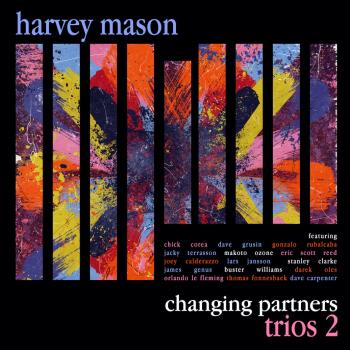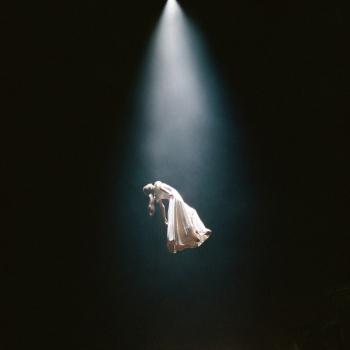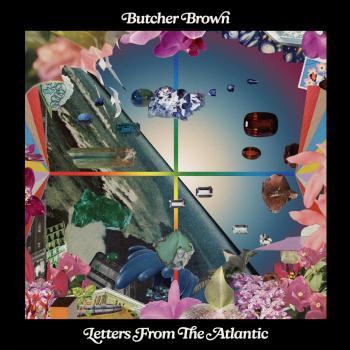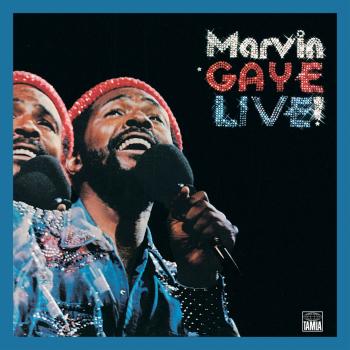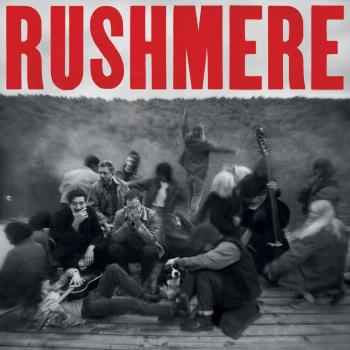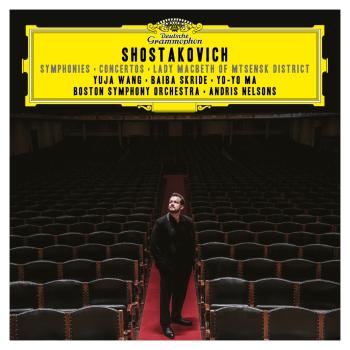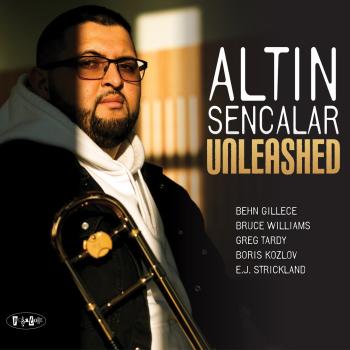
Boogie Motel (Remastered) Foghat
Album Info
Album Veröffentlichung:
2016
HRA-Veröffentlichung:
15.04.2016
Das Album enthält Albumcover
Entschuldigen Sie bitte!
Sehr geehrter HIGHRESAUDIO Besucher,
leider kann das Album zurzeit aufgrund von Länder- und Lizenzbeschränkungen nicht gekauft werden oder uns liegt der offizielle Veröffentlichungstermin für Ihr Land noch nicht vor. Wir aktualisieren unsere Veröffentlichungstermine ein- bis zweimal die Woche. Bitte schauen Sie ab und zu mal wieder rein.
Wir empfehlen Ihnen das Album auf Ihre Merkliste zu setzen.
Wir bedanken uns für Ihr Verständnis und Ihre Geduld.
Ihr, HIGHRESAUDIO
- 1 Somebody's Been Sleepin' In My Bed (2016 Remastered) 03:46
- 2 Third Time Lucky (First Time I Was A Fool) (2016 Remastered) 04:11
- 3 Comin' Down With Love (2016 Remastered) 05:23
- 4 Paradise Alley (2016 Remastered) 05:37
- 5 Boogie Motel (2016 Remastered) 07:21
- 6 Love In Motion (2016 Remastered) 04:31
- 7 Nervous Release (2016 Remastered) 05:53
Info zu Boogie Motel (Remastered)
Boogie Motel is the eighth album released by English blues rock group Foghat. This record features the song "Third Time Lucky (First Time I Was a Fool)", which was later featured on The Best of Foghat album.
„After toying with a more commercial sound on Stone Blue, Foghat decided to continue in the same vein on their next album. The resulting album, Boogie Motel, brought the group some commercial success but also unfortunately found them straying even further from their trademark sound. The album's success was primarily derived from "Third Time Lucky (First Time I Was a Fool)," a power ballad that became a hit single. It's lightweight stuff, especially by the standard of past Foghat hits, but it benefits from a strong melody and a tight arrangement that boasts some soaring slide-guitar leads. Sadly, it's the one really good track on the album. The big problem with Boogie Motel is its production downplays guitars in favor of an overall radio-friendly slickness. It's the wrong strategy, because it makes a once-ferocious band sound positively toothless: "Somebody's Been Sleepin' in My Bed" loses the dynamic power inherent in its arrangement due to the blunted sound of the guitars and drums, and the title track's slick arrangement (complete with horn arrangement) and radio-friendly mix make it sound pleasant instead of ferocious. Boogie Motel also suffers from uninspired material that downplays the band's classic boogie rock style for a more middle-of-the-road radio rock approach: The worst example is "Comin' Down With Love," which suffers from painfully sappy love lyrics and a dull soul-pop arrangement that strangely feels like an attempt to emulate the sound of Boz Scaggs. All in all, Boogie Motel is a dull, disappointing album that lacks the guitar firepower and rootsy charm that define the best Foghat albums. Even the most devoted Foghat fanatics may want to think twice before picking this disc up.“
Lonesome Dave Peverett, electric and acoustic guitar, lead vocals
Colin Earl, keyboards
Roger Earl, drums
Craig MacGregor, bass
Rod Price, dobro, guitar, vocals, slide guitar
Alto Reed, saxophone
Jimmy Ambrosio, accordion
Recorded 1979 at Foghat Studios, Port Jefferson, New York
Engineered by David Berman, Tony Berman
Produced by Foghat, Dave Outeda
Digitally remastered
Foghat
specialized in a simple, hard-rocking blues-rock, releasing a series of best-selling albums in the mid-'70s. While the group never deviated from their basic boogie, they retained a large audience until 1978, selling out concerts across America and earning several gold or platinum albums. Once punk and disco came along, the band's audience dipped dramatically.
With its straight-ahead, three-chord romps, the band's sound was American in origin, yet the members were all natives of England. Guitarist/vocalist 'Lonesome' Dave Peverett, bassist Tony Stevens, and drummer Roger Earl were members of the British blues band Savoy Brown, who all left the group in the early '70s. Upon their departure, they formed Foghat with guitarist Rod Price. Foghat moved to the United States, signing a record contract with Bearsville Records, a new label run by Albert Grossman. Their first album, Foghat, was released in the summer of 1972 and it became an album rock hit; a cover of Willie Dixon's 'I Just Want to Make Love to You' even made it to the lower regions of the singles charts. For their next album, the group didn't change their formula at all -- in fact, they didn't even change the title of the album. Like the first record, the second was called Foghat; it was distinguished by a picture of a rock and a roll on the front cover. Foghat's second album was their first gold record, and it established them as a popular arena rock act. Their next six albums -- Energized (1974), Rock and Roll Outlaws (1974), Fool for the City (1975), Night Shift (1976), Foghat Live (1977), Stone Blue (1978) -- all were best-sellers and all went at least gold. 'Slow Ride,' taken from Fool for the City, was their biggest single, peaking at number 20. Foghat Live was their biggest album, selling over two million copies. After 1975, the band went through a series of bass players; Price left the band in 1981 and was replaced by Erik Cartwright.
In the early '80s, Foghat's commercial fortunes declined rapidly, with their last album, 1983's Zig-Zag Walk, barely making the album charts. The group broke up shortly afterward with Peverett retiring from the road. The remaining members of the band (Roger Earl, Erik Cartwright and Craig MacGregor) continued playing together as the Kneetremblers and after some line-up changes decided to revert to the Foghat name. The band toured throughout the decade and into the early 1990's. Perhaps growing tired of early retirement, Lonesome Dave formed his own version of Foghat in 1990 and hit the road. After healing their rift, the original Foghat (Peverett,Price, Stevens and Earl) reformed in 1993 and toured for years, releasing Return of the Boogie Men in 1994 and Road Cases in 1998. The original band broke apart for good with Peverett's passing due to cancer on February 7, 2000. After some time spent mourning, the band soldiered on with a new line-up (adding Charlie Huhn on vocals) and after two years of touring released Family Joules in 2002. Foghat toured for the next few years and regularly issued documents of their live act: The Official Bootleg DVD, Volume 1 in 2004 and Foghat Live II in 2007. In 2010, now on their own label, Foghat got back to their Blues roots with Last Train Home: a handful of original tunes amongst covers of many of their favorite blues songs and a couple tracks recorded with their friend Eddie Kirkland. As of 2013, they're still performing and recording. (Stephen Thomas Erlewine, Tim Sendra, AMG)
Dieses Album enthält kein Booklet

